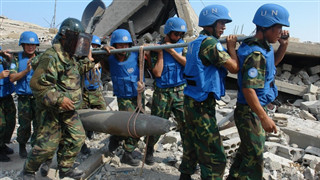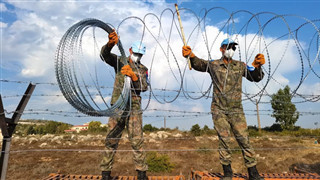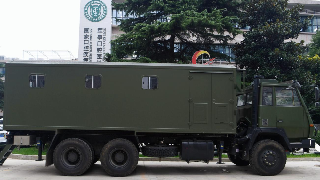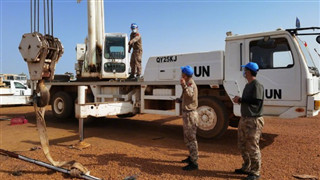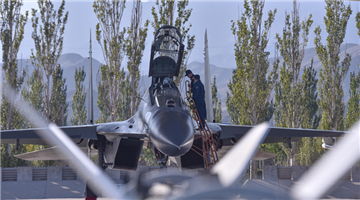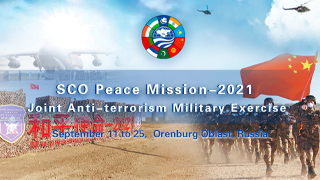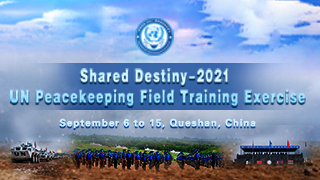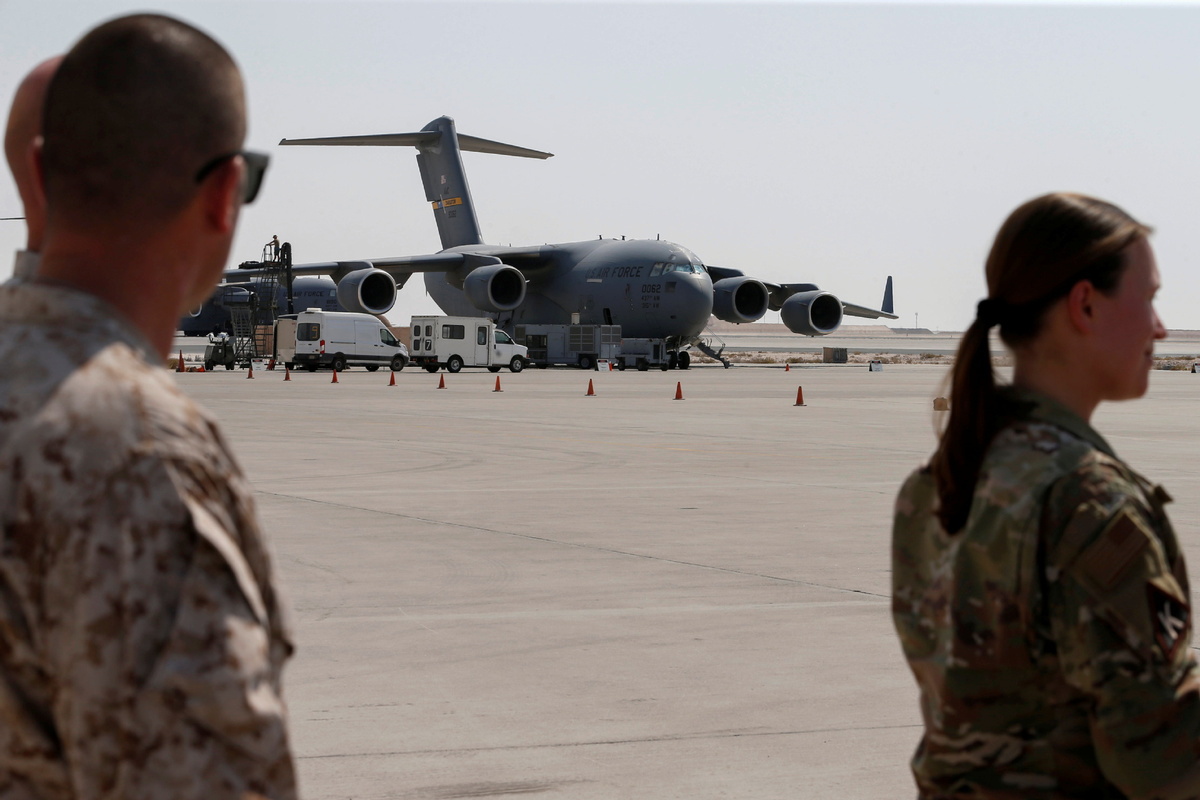
Whether and how the G20 countries should provide humanitarian aid to Afghanistan is a very important item on the agenda of the upcoming G20 summit. It also provides an opportunity for people to reflect on what is truly human rights protection.
The UN General Assembly proclaimed the Universal Declaration of Human Rights on Dec 10, 1948. The document, drafted by representatives from different legal and cultural backgrounds from across the world following the international community's painful experiences of two world wars, represents a milestone for human rights.
The document's aims to protect human rights and urge humankind to prevent wars, and not repeat the mistakes of the past. But in the more than 70 years since the document's proclamation, neither have wars stopped nor have the killings and displacement of people. The US has launched or got involved in many of these wars, with the war in Afghanistan being an apt example.
The US launched the war in Afghanistan to avenge the Sept 11, 2001, terrorists attacks, because US investigators determined that the attacks were orchestrated by al-Qaida terrorists led by Osama bin Laden working from Afghanistan, where the Taliban had seized power in 1996 and harboring top al-Qaida leaders including bin Laden. Addressing the nation on the night of the terrorist attacks, then US president George W. Bush said: "We will make no distinction between the terrorists who committed these acts and those who harbor them."
In an interview with The Washington Post on the 20th anniversary of 9/11, Condoleezza Rice, Bush's national security adviser, said, "but that one line, which would become known as the 'Bush Doctrine', was decided really in a few minutes standing in the Oval Office before he spoke to the nation".
The US Congress acted equally quickly. On Sept 18, 2001, it authorized Bush "to use all necessary and appropriate force against those nations, organizations, or persons he determines planned, authorized, committed, or aided the terrorist attacks that occurred on September 11, 2001, or harbored such organizations or persons, in order to prevent any future acts of international terrorism against the United States by such nations, organizations or persons".
An article published by GlobalPost believes that "the world is a battlefield thanks in large part to the Authorization for Use of Military Force, which Congress passed on Sept 14, 2001,(and became law four days later) and which gives the President of the United States broad power to fight terrorism around the world".
In sharp contrast to the speed with which it was launched, the war in Afghanistan was protracted, with Afghan civilians paying the heaviest price. According to the "Cost of War" research report released by Watson Institute of Brown University on April 15, 2021, about 240,000 people, including more than 47,000 Afghan and 24,000 Pakistani civilians were killed in the war.
Another research report, "Afghan Refugees" released by the Watson Institute, says the US' post-9/11 wars have displaced at least 38 million people in and from Afghanistan, Iraq, Pakistan, Yemen, Somalia, the Philippines, Libya and Syria. As for the Afghans, at least 5.9 million of them have either fled the country or have been internally displaced.
Both internally displaced people and Afghan refugees have been living in informal settlements with poor living conditions and high rates of child malnourishment, and without access to proper healthcare.
Moreover, according to the mid-year report released by the UN Assistance Mission in Afghanistan, civilian casualties have escalated and fighting intensified since May, when the US and its NATO allies officially began their military withdrawal. In the first half of 2021, the report says, nearly 1,659 people were killed and 3,540 wounded in the war in Afghanistan, an increase of 47 percent year-on-year.
And on Aug 26, five days before the withdrawal deadline, a terrorist attack on Kabul airport killed at least 169 people including 13 US soldiers. Although the US has withdrawn from Afghanistan, the devastating impacts of the war will be felt for a long time to come.
Article 3 of the Universal Declaration of Human Rights stipulates that "everyone has the right to life, liberty and the security of person", which the Afghan people were denied for almost 20 years. Article 13 of the declaration says that "everyone has the right to freedom of movement and residence within the borders of each State and leave any country, including his own, and to return to his country". The Afghan people were denied of these rights, too.
And although Article 22 stipulates that "everyone, as a member of society, has the right to social security and is entitled to realization, through national effort and international co-operation and in accordance with the organization and resources of each State, of the economic, social and cultural rights indispensable for his dignity and the free development of his personality", very few Afghans could enjoy that right.
The longest war the US has fought has also been the longest nightmare for the Afghan people.
The author is a senior researcher on American studies, Chinese Academy of Social Sciences.
The views don't necessarily reflect those of China Daily.
